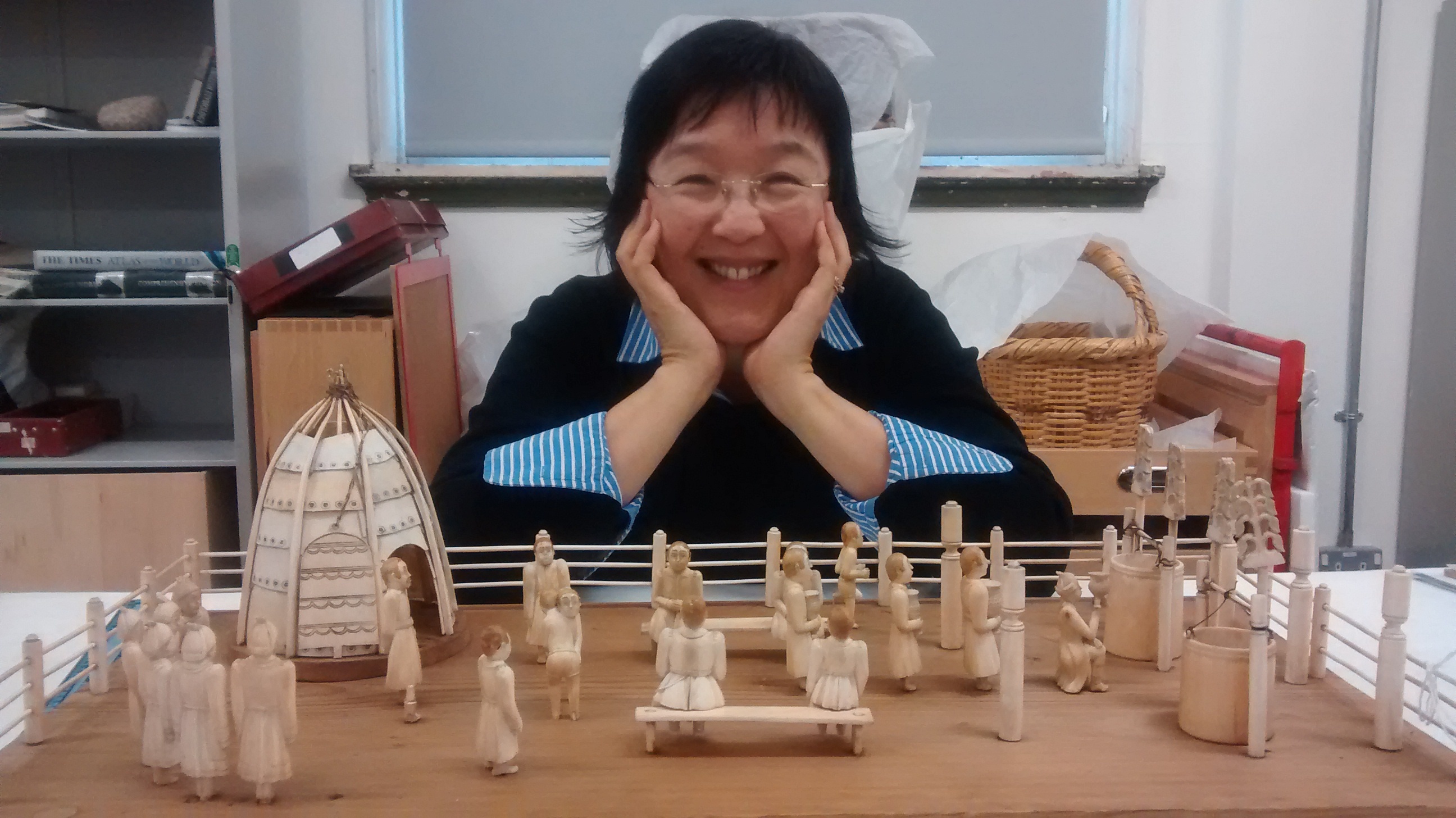North-east academics are preparing to help return a precious carved artwork to its original home in Siberia – nearly 150 years after it left.
Researchers from the University of Aberdeen are collaborating with the British Museum on returning the artefact on a loan basis.
It was purchased by the museum at the 1867 Paris Exhibition and has been in its collection in London ever since.
An unknown artist from the Sakha people, an indigenous community in the Sakha Republic in north-eastern Russia, carved the piece from a mammoth ivory in the middle of the nineteenth century.
The artefact is the earliest known representation of a summer festival called Ysyakh in the Sakha language, which marks the start of a new yearly cycle.
During the Ysyakh a shaman, or spiritual leader, helps people to make offerings to deities and area spirits to thank them for their benevolence.
The celebration was suppressed by the Soviet government during the communist era.
Now Sakha communities are reviving the ancient ritual and the project researchers will be exploring the process in depth.
Dr Tatiana Argounova-Low, who is a lecturer in anthropology at Aberdeen University and also Sakha, said: “Several generations of Sakha people were forced to keep silent about their
culture and traditions.
“Lending the model to the Sakha Republic will help Sakha people to reconnect with their traditions.
“Seeing the model will stimulate Sakha people’s memories about the Ysyakh ritual, and the ways they managed to get past Soviet-era prohibitions.
“They will also rediscover their historic techniques for carving mammoth ivory.”
Dr Alison Brown, senior lecturer in anthropology, and the project’s leader, said: “Indigenous people in many parts of the world have said that reconnecting with historic artefacts helps them to revive cultural traditions threatened during colonisation.
“This is the first time a museum in western Europe has loaned an artefact back to an indigenous Siberian community.”
The loan is being co-ordinated by The British Museum, which is a partner on the three-year project, and is funded by the UK Arts and Humanities Research Council.
Dr Jane Portal, Keeper of the Department of Asia, said: “The British Museum is very pleased to be working with colleagues in Aberdeen and in the Sakha Republic to enable the loan of the Ysyakh model and to support the exhibition of this important object for visitors to the National Art Museum in Yakutsk.”
The model will be displayed for six months in Yakutsk, the capital city of the Sakha Republic, from later this month.
